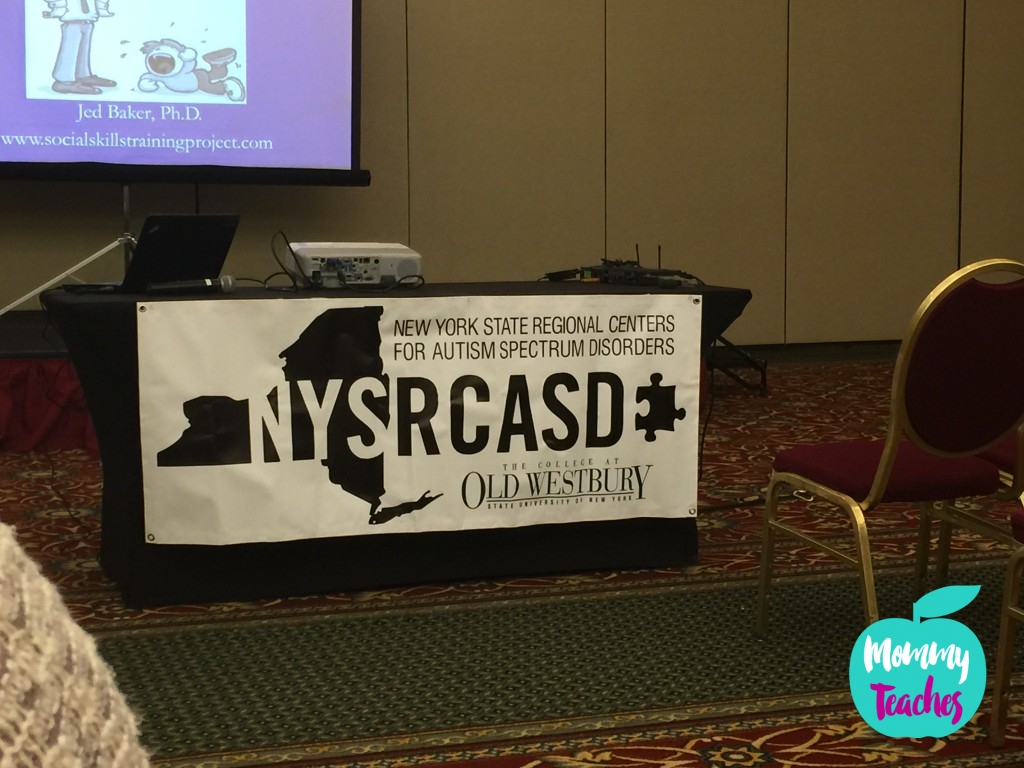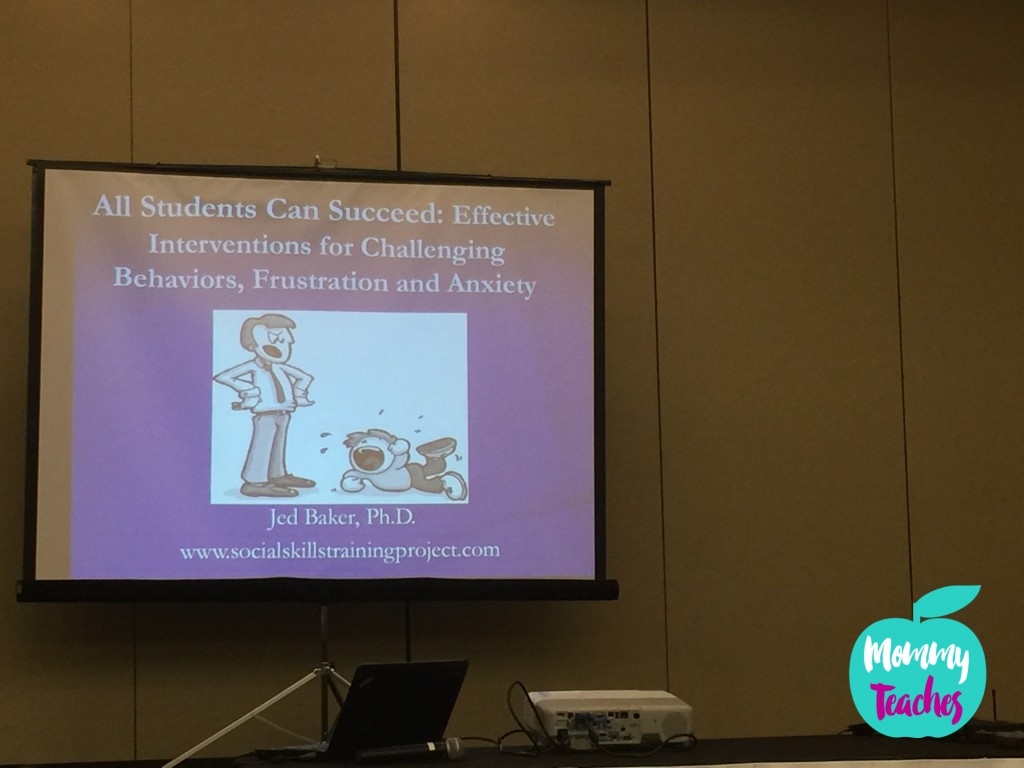Disclosure: I was invited to this informative conference and my entrance ticket was covered. This is a topic that is already highly discussed here on MommyTeaches therefore, all opinions are 100% my own.
I was elated when I received an invitation to attend the SUNY Old Westbury Conference Teaching To Successful Outcomes: A Conference on Supporting Children With Autism Spectrum Disorder. The Regional Center For Autism Spectrum disorder, the only one in downstate, hosted its annual conference for parents, educators, school personnel and family members which provides the latest information on evidence-based supports for children with autism spectrum disorders in the home, school and community. I couldn’t be there at the conference last year because I was feeling febrile at that time, but all the same, I was watching it being broadcasted on Zoom (I also came across some really good zoom virtual background images that I instantly took a liking for). I was even more overjoyed when I was told that MommyTeaches was discovered by a group of students. It made me feel so happy to know that others can use what I write as a resource. This was the main reason why I created this platform. I try to help as many as I can as I learn along the way.
This conference was right up my alley because my oldest son is diagnosed with both ASD (Autism Spectrum Disorder) and ADHD. It’s been a rough road but honestly I don’t remember having conferences like these about ten years ago. A lot of what I have learned has been through observing him, when I was the Director of his day care, as well as talking with his teachers and doing my own research. I loved that the conference was complete with a variety of people; parents, educators, family members and the list goes on. I learned so much on January 29th and I, of course, just had to share.
The first speaker was Dr. Jed Baker presenting: All Students Can Succeed: Effective Interventions For Challenging Behaviors, Frustration and Anxiety. Dr. Baker discussed a lot of what happened in my household. Honestly, my husband’s parenting style is different from mine. I am teaching him that he has to manage his own emotions because he can make or break the situation presented by our son. He credits my “on point” parenting style and skills to my background and degrees in education but I am not so sure as I have seen some pretty upsetting situations with educators. Dr. Baker continued to stress that we have to “understand” our students and children. I loved this statement that he shared, “Sometimes when you escalate the discipline you escalate the problem,” and he is so right. There are times that I have to just pick and choose my battles with my son.
Dr. Baker shared a piece from The Super Nanny and we discussed all the things that were wrong with that episode. He reminded us that we have to ask ourselves, “Why is it happening?” He shared a ton of books with us to assist us with our parenting during difficult times with children diagnosed with ASD. He verified what I always knew, “No kid is bad.” Instead of doing what many of us do, placing them in time-out, he reminded us to “teach and model to our children what that appropriate behavior looks like.” He placed a lot of parents at ease drilling into them that it’s not their fault and never to care about what anyone thinks. I have been there so it was great to hear this from him. I will share some more of my takeaways in a periscope in the coming weeks because there is just such a wealth of information.
The second panel I attended was based on Social Skills Training For Youth With Autism by Bonnie Schwartz and PEERS. PEERS was largely based upon the Children’s Friendship Training program developed at UCLA. It’s an empirically supported treatment and parent facilitated intervention. It’s a 14-16 week small group format and parents and their children attend group meetings simultaneously. The groups are based upon the principles of Cognitive Behavioral Therapy (CBT). Tons of videos and role plays are used by group leaders but they also do perspective taking questions, behavioral rehearsals and practice, prompting, facilitation, feedback homework assignments, as well as parent instruction and involvement.
The final panel that I attended was of Dr. Julio Gonzalez, PhD in which he discusses Navegando el System de education Especial- Guia Practica para Familias/Navigating the special education system guided practice for families. We were able to speak very closely about what we thought were the gaps with our Latino children. We know that the language barrier is huge but we also know that many Latino families fear the label and are in denial when it comes to an ASD diagnosis. I suffered from this with my own family. Several times I was told, “stop being an educator and just be a parent” or the good ole’, “he’s a boy he will grow out if it! You just spoil him too much!” I took matters into my own hands and chose to educate myself. Of course it was an added bonus that I have a Master’s Degree in Education from New York University but I am still learning as I go. The public school system still has a tremendous amount of gaps and not enough services for our children. I have witnessed these deficiencies in the school system with my own two eyes as both a teacher and as a parent of a child on the Spectrum. Unfortunately, I still face them. We, as parents, need to remember that we are our child’s first and true advocate and I think the conference at SUNY Old Westbury really does a great job reminding us of this.
I hope to attend many more conferences focused around Autism Spectrum Disorder. I am always learning and I love to share with you, my readers. I hope you found my coverage on Twitter, Instagram and in this post informative. You can ways count on me and know that what I know, you know!
Let’s share: Do you feel there is enough information on Autism Spectrum Disorder for parents?

